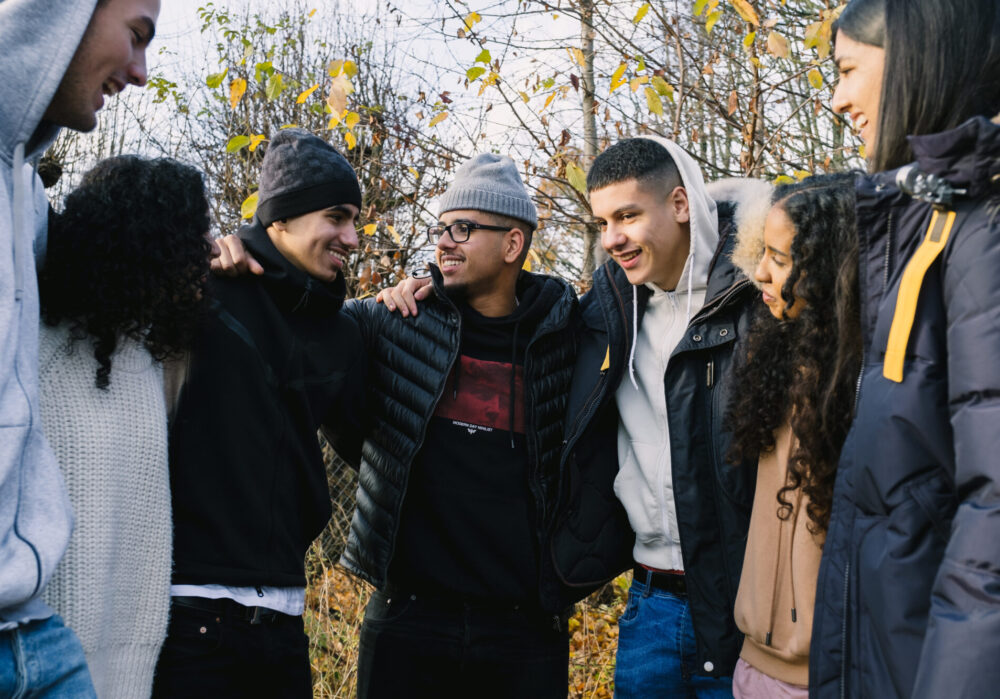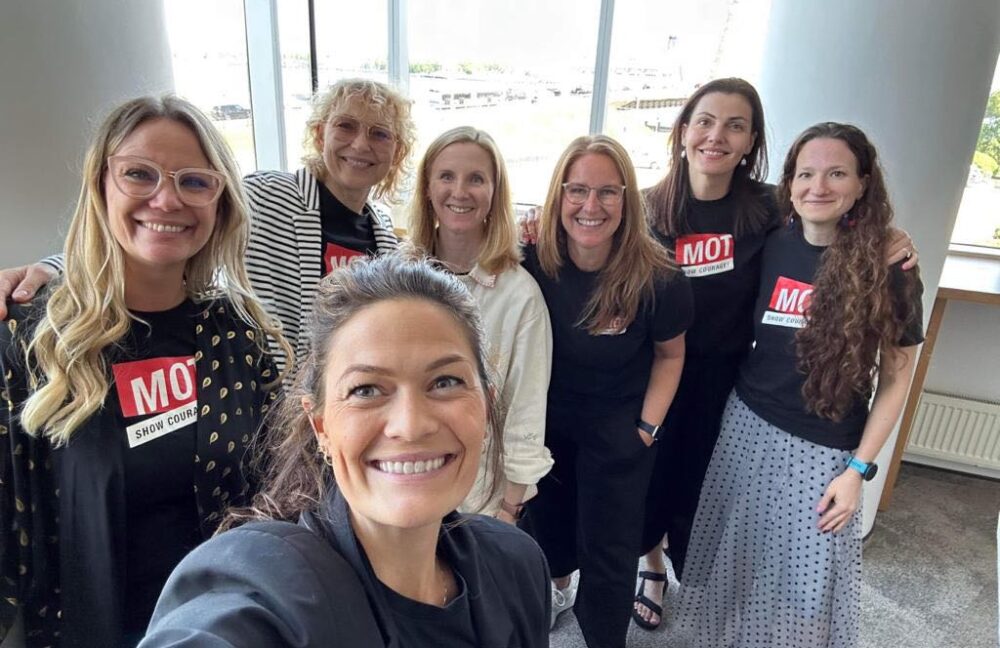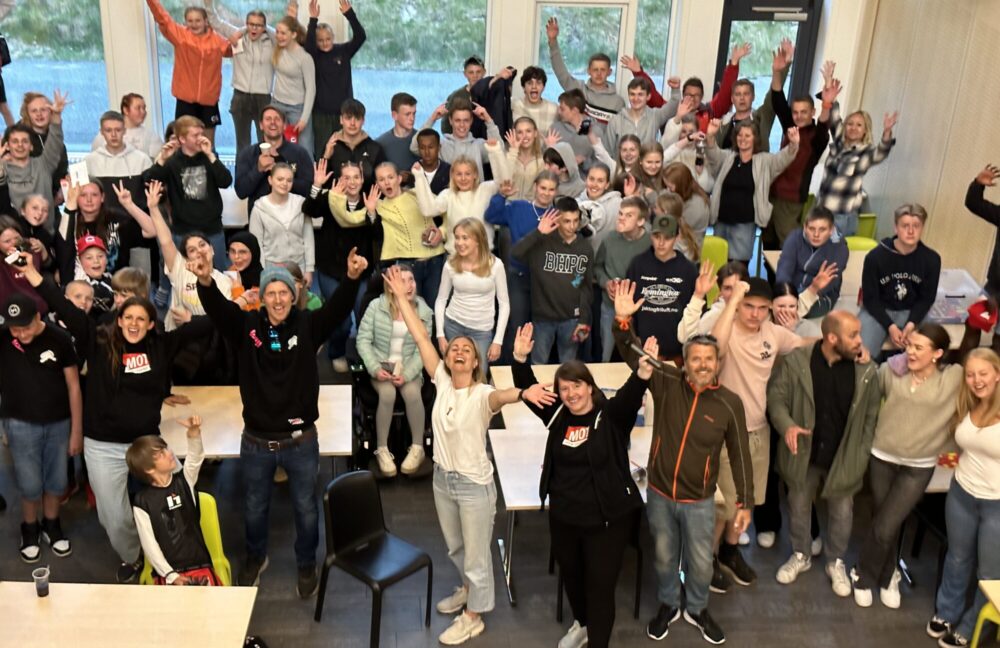In March MOT Norway was contacted by a doctor that also is a member of the editorial committee for British Journal of Sports Medicine – a world-leading sports medicine science journal.
They have a fixed column named: Service Spotlight. They wanted to publish an article about MOTs programmes, primarily because of their fascination with our use of MOT-ambassadours from sports as role models for our brand.
Bjørg-Elin Moen, leader of the program “School as a society-builder” wrote the article, and we have gotten a positive response saying it will be published.
Read some of the statements in the article:
MOT’s programmes have been developed continually through close dialogue with schools using the programme and adapting as interests, attitudes, and knowledge change.
The goal is to strengthen youth’s ability to show courage, with three values emphasized:
-
- Courage to care: Care about each other and especially those feeling excluded
- Courage to say no: Say no to things you do not want to do or be a part of
- Courage to live: Dare to dream and go beyond your comfort zone. A part of courage to live is to accept yourself and feel valuable as you are
MOT uses four key principles: Work proactively, give culture-builders responsibility, reinforce the positive, and see the whole person.
Today MOT has 30 brand ambassadors that strengthen the work with 73 000 youth. The MOT programmes consist of evidence-based thoughts and techniques, but most of all modern pedagogical and psychological thinking and development through experience, curiosity, and judgment. The work is a combination of structured implementation, enthusiasm, and quality to encourage and inspire youth to become responsible on their own behalf and on the behalf of others.
MOT sessions aim to be inspiring, educational and with an atmosphere of energy and trust. The participants are not silent recipients of a message, they co-create and take an active part in the programme. The programme aims to help them to become “self-builders”.
MOT create a warmer and safer environment by developing robust youth that has awareness and courage to be inclusive. Feedback from youth, teachers and parents is that the MOT sessions influence both the individuals and the class environment. Evaluations show that MOT prevents and protects against some of the negative outcomes of adolescence. There is less bullying, fewer youth without one single friend, less decline in self-efficacy from 8th to 10th grade, and higher scores on scales of hope and optimism (Berg, 2011). Feedback from teachers say that the program contributes with more positive attitude, value awareness, growth mindset, self-esteem, belief in own abilities and good class cultures.



